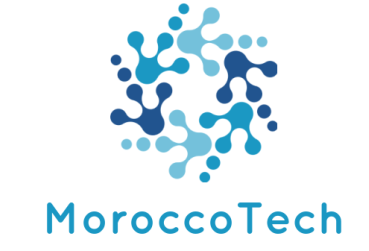VoIP caller ID is a type of technology used to identify who is making a telephone call via the internet. It is the equivalent of a traditional caller ID that is used with a landline call. VoIP caller ID typically works by using a caller’s IP address or geographic location.
VoIP caller ID is useful in many situations. For example, it can be used by businesses to identify incoming calls from customers or vendors. It can also be used to screen calls from people you do not know, which is especially helpful when dealing with spam calls. Finally, it can help you recognize friends or family members who may be calling from a different area code or country.
How VoIP caller ID Works
VoIP caller ID works by using data that is transmitted over the internet when making a call. This data includes the caller’s IP address and geographic location. This information is then compared to a database of known IP addresses and geographic locations to determine the identity of the caller.
In order for VoIP caller ID to work, both parties (the caller and the recipient) must be using VoIP technology. If one of the parties is not using VoIP, then the caller ID will not work. Additionally, if the caller’s IP address or geographic location is not in the database, then the caller ID will not be able to identify them.
Benefits of VoIP caller ID
There are several benefits to using VoIP caller ID:
- Increased security: VoIP caller ID can help protect against malicious calls and spam.
- Improved customer service: VoIP caller ID can help businesses quickly identify who is calling, allowing them to provide better customer service.
- Ease of use: Setting up VoIP caller ID is relatively easy and can be done in a matter of minutes.
- Cost savings: VoIP caller ID can help reduce the cost of international calls by identifying the caller’s country of origin.
- Greater control: VoIP caller ID can help you decide which calls to answer and which to ignore.
Drawbacks of VoIP caller ID
While VoIP caller ID can be very useful, there are also some drawbacks to consider:
- Accuracy: The accuracy of caller ID can be affected by the quality of the internet connection or the caller’s IP address.
- Privacy: VoIP caller ID can expose your personal information to the caller.
- False positives: VoIP caller ID can sometimes mistake legitimate calls for spam.
- Cost: VoIP caller ID typically requires a subscription or additional fees.
- Limitations: VoIP caller ID may not work in certain countries or with certain types of calls.
What features does VoIP caller ID offer that are not available with traditional phone services?
The VoIP caller ID feature offers a range of benefits that traditional telephone services cannot offer. One of the most important benefits of VoIP caller ID is the ability to screen incoming calls. VoIP caller ID allows users to see who is calling them before they answer the phone. This is particularly useful for businesses that want to screen calls from customers and potential customers. With traditional phone services, customers may be subjected to long wait times when trying to reach a customer service representative. With VoIP caller ID, customers can quickly identify the caller and decide if they should answer the call or not.
Another advantage of using VoIP caller ID is the ability to block unwanted calls. With traditional telephone services, blocking unwanted numbers can be difficult and time consuming. With VoIP caller ID, users can easily block unwanted callers, saving time and providing increased security. VoIP caller ID also eliminates the need for users to manually enter caller ID information, as the information will be automatically populated when the call is made.
